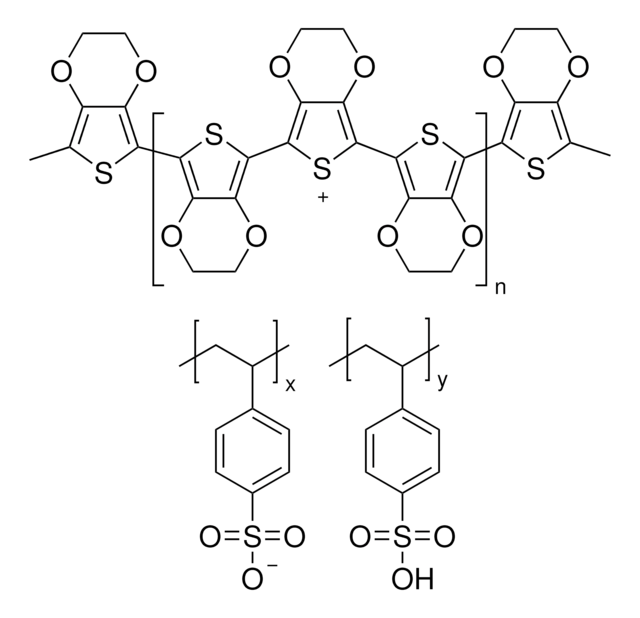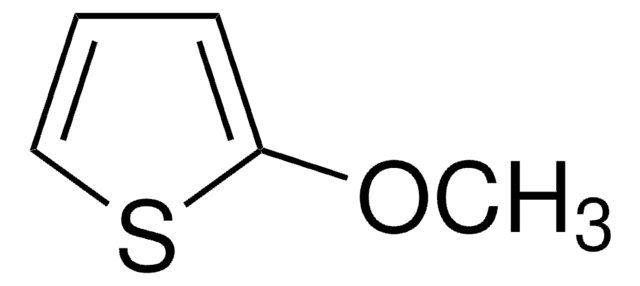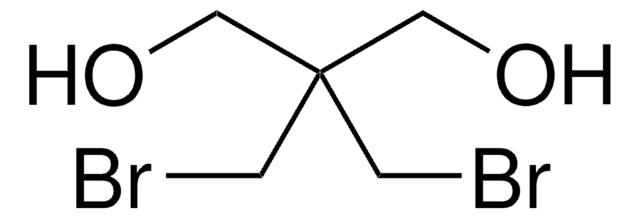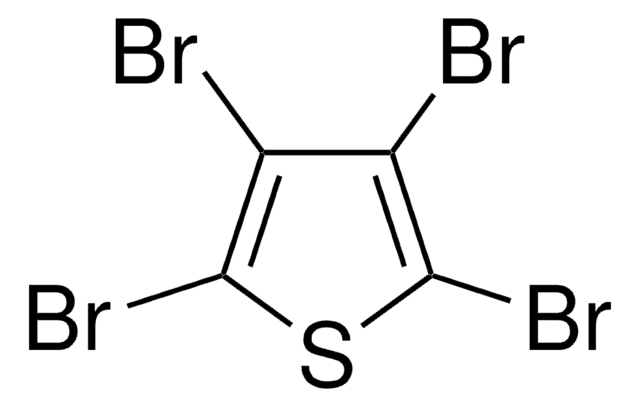About This Item
Recommended Products
Quality Level
Assay
97%
refractive index
n20/D 1.5409
bp
100-102 °C/10-11 mmHg
density
1.209 g/mL at 25 °C
storage temp.
−20°C
SMILES string
COc1cscc1OC
InChI
1S/C6H8O2S/c1-7-5-3-9-4-6(5)8-2/h3-4H,1-2H3
InChI key
ZUDCKLVMBAXBIF-UHFFFAOYSA-N
Related Categories
General description
Application
Signal Word
Warning
Hazard Statements
Precautionary Statements
Hazard Classifications
Acute Tox. 4 Oral
Storage Class Code
10 - Combustible liquids
WGK
WGK 3
Flash Point(F)
224.1 °F - closed cup
Flash Point(C)
106.7 °C - closed cup
Personal Protective Equipment
Choose from one of the most recent versions:
Already Own This Product?
Find documentation for the products that you have recently purchased in the Document Library.
Customers Also Viewed
Articles
The soaring global demand for energy, coupled with the limited supply of fossil fuels, has increased the need for renewable, low-cost energy sources. Organic electronics have shown great promise for applications in lighting, power, and circuitry, with rapidly improving performance already surpassing that of amorphous silicon-based counterparts.
Our team of scientists has experience in all areas of research including Life Science, Material Science, Chemical Synthesis, Chromatography, Analytical and many others.
Contact Technical Service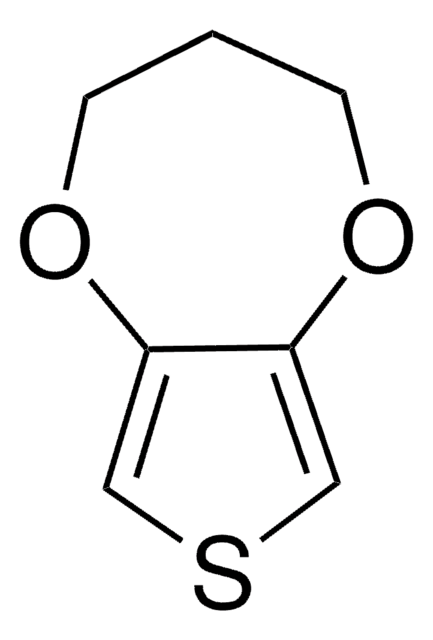
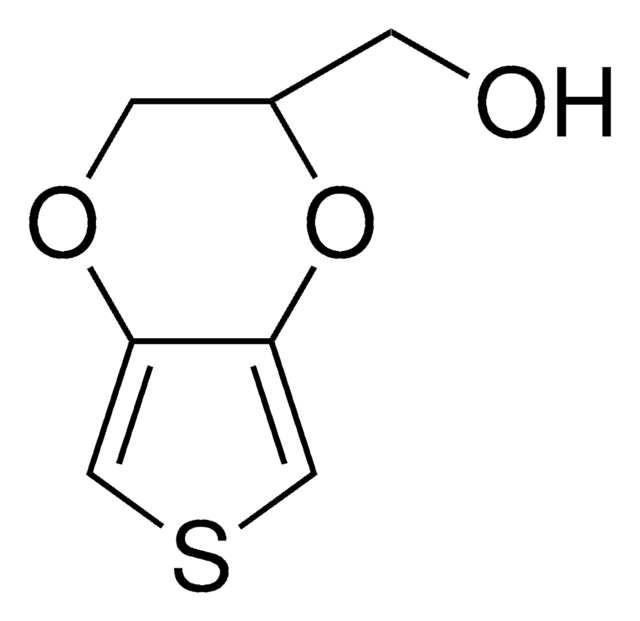
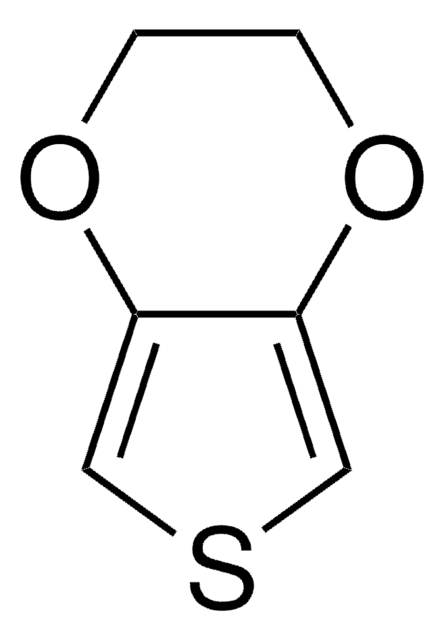
![2-Chloromethyl-2,3-dihydrothieno[3,4-b]-1,4-dioxine 95%](/deepweb/assets/sigmaaldrich/product/structures/422/187/4cc7b858-9e06-4ce2-8d39-d817b8313964/640/4cc7b858-9e06-4ce2-8d39-d817b8313964.png)
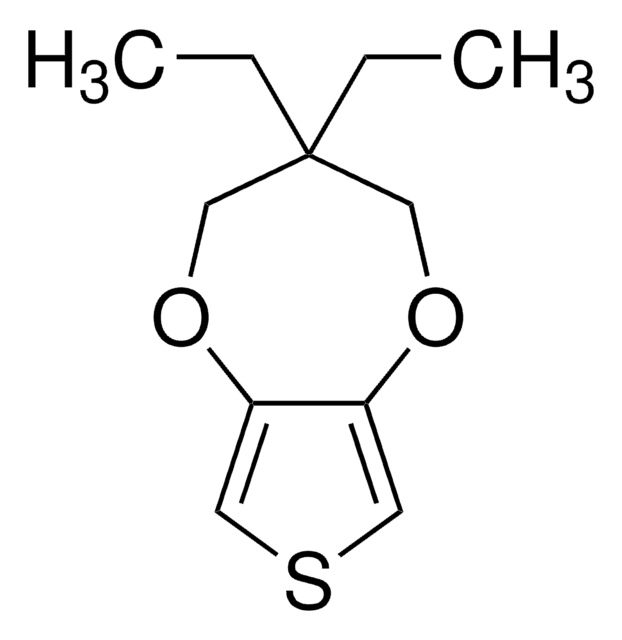
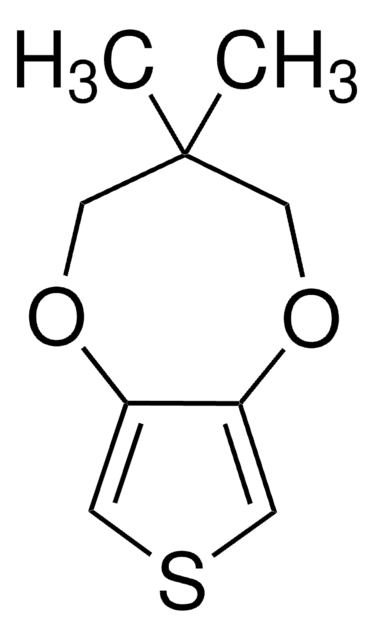

![2,3-Dihydrothieno[3,4-b][1,4]dioxine-5-carboxylic acid AldrichCPR](/deepweb/assets/sigmaaldrich/product/structures/145/904/fa7794c7-33ba-4c32-99c7-e9a63b506736/640/fa7794c7-33ba-4c32-99c7-e9a63b506736.png)
